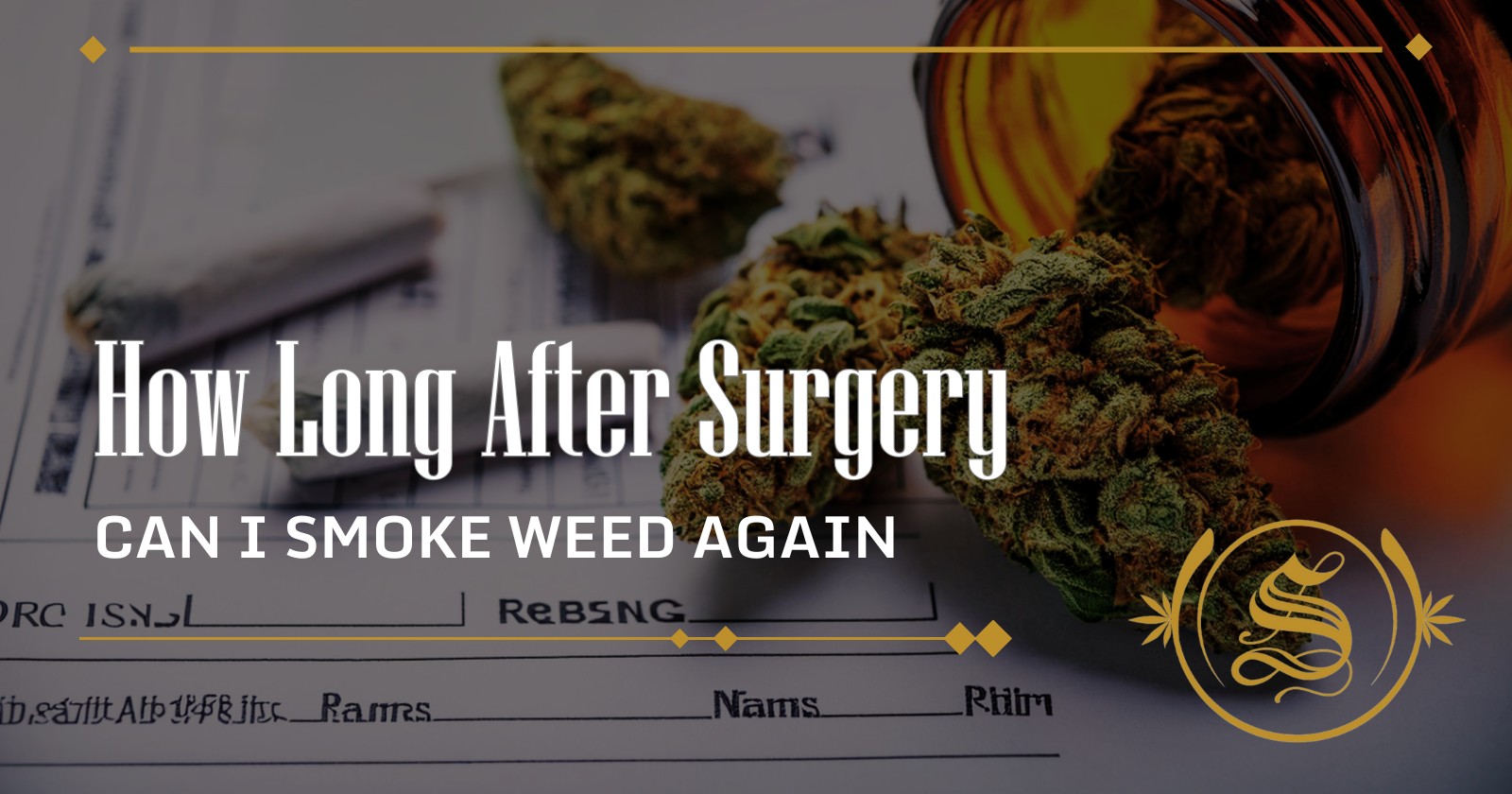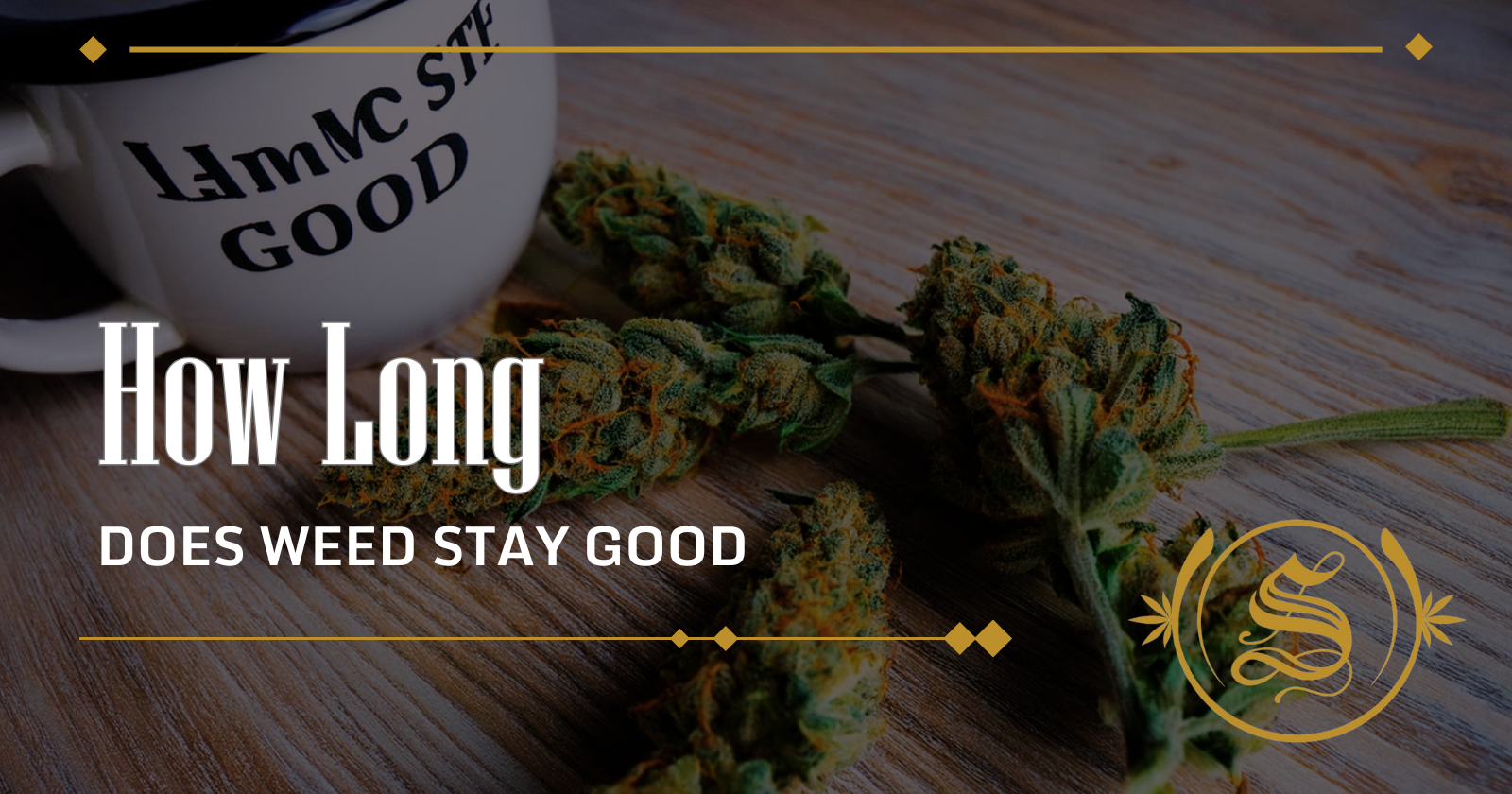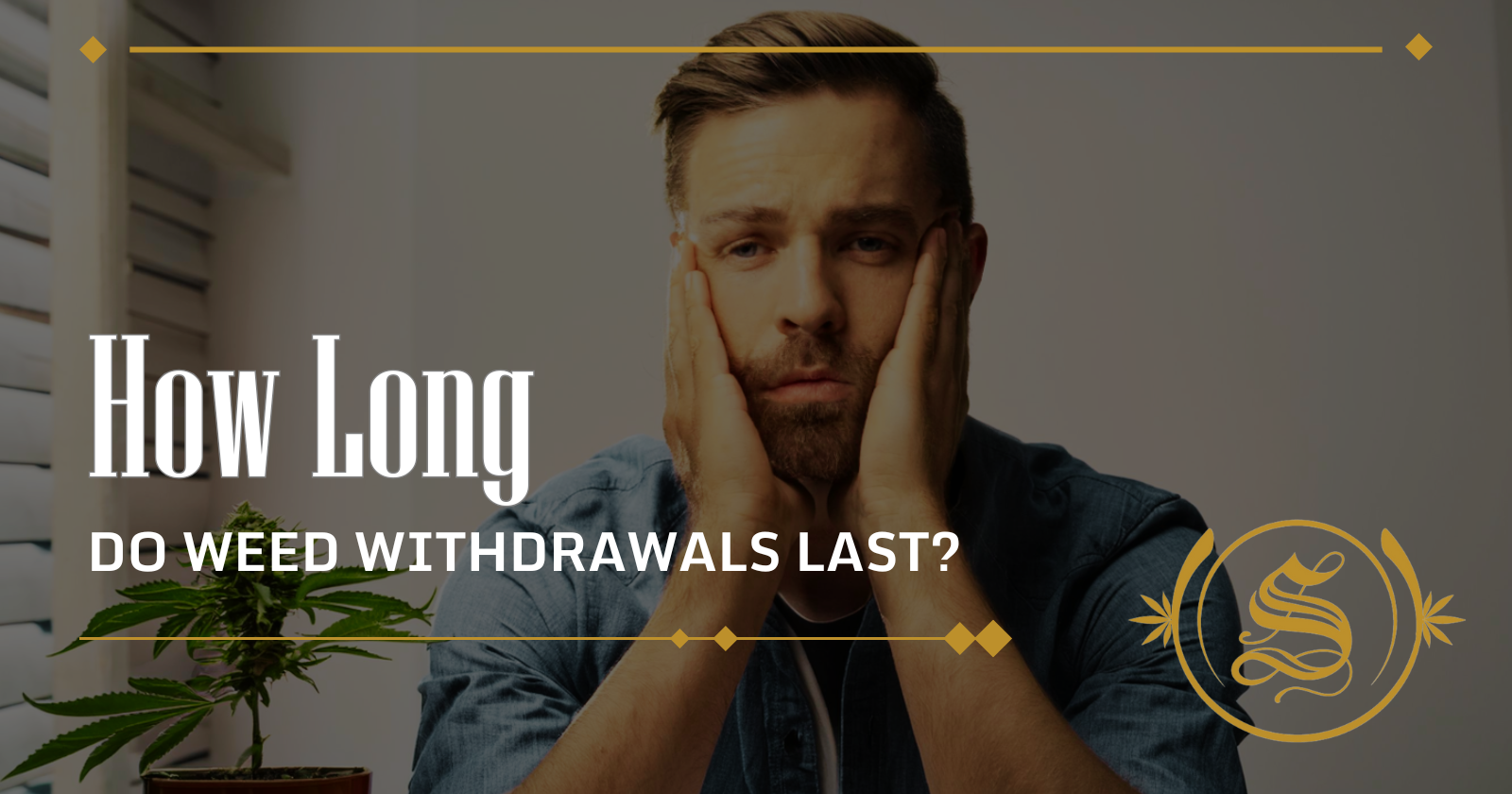Iftikhar Alam
Author
Reviewed by Cannabis Experts
Published on: March 10, 2021 | Updated on: July 27, 2024
There are so many stigmas still surrounding the world of cannabis, but whether you love it or are still unsure, you cannot deny its trending power. Every day more studies about the potential health benefits of cannabis are coming out to the public.
CBD especially is one of the trendiest ingredients in beauty and wellness products such as skin elixirs, balms, and hair products. Cannabis as a hair-growing agent however might be the most enticing discovery of the plant’s potential body care benefits.
Approximately 50 million men in the United States suffer some type of hair loss and approximately 30 million women are also affected.
In the United States as of the year 2021, there are 215 million adult citizens (hair loss is most common for adults) which means around 37 percent of the country’s adults are experiencing hair loss.
Needless to say, many men and women are generally unhappy with the thought of losing their hair. As a result, hair growth products are a part of a multi-billion dollar industry. So where does cannabis stand in this hair loss equation; is it a solution or a culprit?
Types of hair loss
Hair loss, also known as alopecia, can affect just your scalp or your entire body, and it can be temporary or permanent. It can be the result of heredity, hormonal changes, medical conditions, or a normal part of aging. There are multiple different forms of alopecia including:
- Male and female pattern baldness: 85 percent of men aged 50 have significantly thinning hair. Male or female pattern baldness begins with a receding hairline and is followed by the hair on the temples and crown thinning which usually leads to the iconic horseshoe shape around the sides and back of the head. For men, pattern baldness is hereditary, but science cannot concede if it is hereditary for women as well.
- Alopecia areata: This condition results in patches of baldness similar in size to silver dollar coins. It usually starts appearing during childhood but is different for each person that has it. Typically, the patches occur on the head but they may appear all over the body. It is possible for people with this condition to have hair regrowth.
- Scarring alopecia: This type of condition results in hair follicles being completely destroyed. This can be caused by many different medical ailments and means there is no chance for hair regrowth.
Telogen effluvium and Anagen effluvium are other, more rare forms of hair loss.
Can smoking actually cause hair loss?
When your hair is thinning one of the first things you should do is try to figure out what is causing your hair loss. Knowing can help stop or reverse the loss in some circumstances. Hair loss has been proven to come as a result of many factors, but can smoking weed cause hair loss?
Studies have shown that cigarette smoking can cause hair loss primarily due to the smoke itself. In relation, there are indications that smoked cannabis may cause similar effects to smoking tobacco. While these studies discuss the act of smoking, how does this relate to other means of consuming cannabis?
How weed affects our bodies
One of the two main ingredients in weed is tetrahydrocannabinol (THC). When you smoke, vaporize, or otherwise ingest it, there is an immediate increase in testosterone levels. As a result, these increased testosterone levels can cause your skin’s oil glands to produce more sebum oil, which can lead to scalp inflammation.
Scalp inflammation is another contributor to hair thinning and hair loss. They occur when the skin around your hair follicles becomes inflamed and weakens the hair root, making you more vulnerable to hereditary hair loss.
Contradicting studies also indicate that cannabis has anti-aging properties.
Up until now, research has focused on the fact that smoking weed causes hair loss. Studies that found optimistic evidence have seemed to be ignored. One such example is the 1980 study which suggests that the THC in cannabis prevents DHT from binding to hormone receptors.
Why is this important? Because hair loss treatments such as Finasteride work by reducing your overall DHT levels. Dihydrotestosterone (DHT) is an androgen. An androgen is a sex hormone that contributes to the development of what is thought of as “male” sex characteristics, such as body hair. But it can also make you lose your hair faster and earlier.
Although THC can cause a boost in levels of testosterone, it is starting to get a reputation as an antioxidant and an anti-inflammatory agent in the medical community. The smoke created from weed can suppress collagen production, however, studies are proving that cannabis itself has anti-aging properties thanks to those antioxidants, which neutralize the damaging effects of free radical oxygen particles.
When it comes to a more severe form of alopecia, cannabis could work to treat the underlying causes or at least slow the progression of the condition. As it activates the CB1 receptors in the nervous system, weed could reduce stress which is a potential cause of hair loss.
The consumption method of cannabis is really critical. It is recommended to use a vaporizer if you want to enjoy its anti-inflammatory benefits, or perhaps edibles or even tinctures.
What cannabis product is most effective for hair growth?
Cannabis oil supports hair health and promotes growth when used topically by supplying nutrients, moisturizing and strengthening the hair shaft, and stimulating blood flow. By reducing inflammation and irritation, it also improves scalp health.
Cannabis has become so popular that you can find hair products at pharmacies that include the herb in their list of ingredients, usually in the form of legal hemp. Some even proudly display the ubiquitous multi-bladed leaf prominently on their label. However, these products usually only contain a small amount of active cannabis.
Purchase cannabis-infused hair care products from a dispensary or specialty store for a stronger formula, or try making some at home. Most basic cannabis oils can be massaged directly into your hair and scalp as long as they contain a carrier oil that is hair-friendly. Cannabis oils made with argan oil, olive oil, or hemp seed oil are better than ones made with butter or coconut oil.
How to properly use cannabis oil
Apply cannabis oil directly to your hair as a topical and your follicles will soak up the formula filled with beneficial nutrients. In addition to feeding and moisturizing your hair, you will stimulate hair growth as you massage the cannabis oil into your scalp. As you work your scalp with your fingertips, blood flow to the scalp increases.
Together, the nutrients and the massaging action boosts new hair growth, strengthens existing follicles, and prevents damaged strands from breaking.
Cannabis oil quickly penetrates the hair shaft to lock in nutrients and moisture, but it does not leave behind a lot of heavy residues that can make your hair look greasy. The moisture inside the strand combined with a light coating of the oil’s fatty acids on the outside plump up the strands for added volume and thickness.
Sources
Footnotes
- Kanwar AJ, Narang T. Anagen effluvium. Indian Journal of Dermatology, Venereology and Leprology. 2013;79(5):604-12.
- Henry JA, Oldfield WL, Kon OM. Comparing cannabis with tobacco. BMJ. 2003;326(7396):942-3.
- Thistle JE, Graubard BI, Braunlin M, Vesper H, Trabert B, Cook MB, McGlynn KA. Marijuana use and serum testosterone concentrations among U.S. males. Andrology. 2017;5(4):732-738.
- Purohit V, Ahluwahlia BS, Vigersky RA. Marihuana inhibits dihydrotestosterone binding to the androgen receptor. Endocrinology. 1980;107(3):848-50.
- Sheriff T, Lin MJ, Dubin D, Khorasani H. The potential role of cannabinoids in dermatology. The Journal of Dermatological Treatment. 2020;31(8):839-845.
- Ketcherside A, Noble LJ, McIntyre CK, Filbey FM. Cannabinoid Receptor 1 Gene by Cannabis Use Interaction on CB1 Receptor Density. Cannabis and Cannabinoid Research. 2017;2(1):202-209.
- Tóth KF, Ádám D, Bíró T, Oláh A. Cannabinoid Signaling in the Skin: Therapeutic Potential of the “C(ut)annabinoid” System. Molecules. 2019;24(5):918.
References
- Androgenetic alopecia. MedlinePlus. Accessed 4/9/2024.
- Hair care market in the U.S. – statistics & facts. Statista. Accessed 4/9/2024.
- Men’s Hair Loss. American Hair Loss Association. Accessed 4/9/2024.
- Alopecia Areata. National Alopecia Areata Foundation. Accessed 4/9/2024.
- Telogen Effluvium. Harvard Health Publishing. Accessed 4/9/2024.
- Smoking and Your Hair – A Guide to Stop Smoking. Medic8. Accessed 4/9/2024.
- Everything you need to know about DHT. Medical News Today. Accessed 4/9/2024.
- Finasteride – Uses, Side Effects, and More. WebMD. Accessed 4/9/2024.
The content provided on this blog is for informational purposes only and does not constitute medical, legal, or professional advice. Cannabis use is subject to local laws and regulations, which vary widely by jurisdiction. Always consult with a healthcare professional before starting any new treatment or altering an existing treatment regimen. The authors and publishers of this blog are not responsible for any actions taken based on the information provided herein. Use cannabis responsibly and in accordance with applicable laws. This blog is intended for adults aged 21 and over. The Sanctuary Dispensaries D186, D187.








